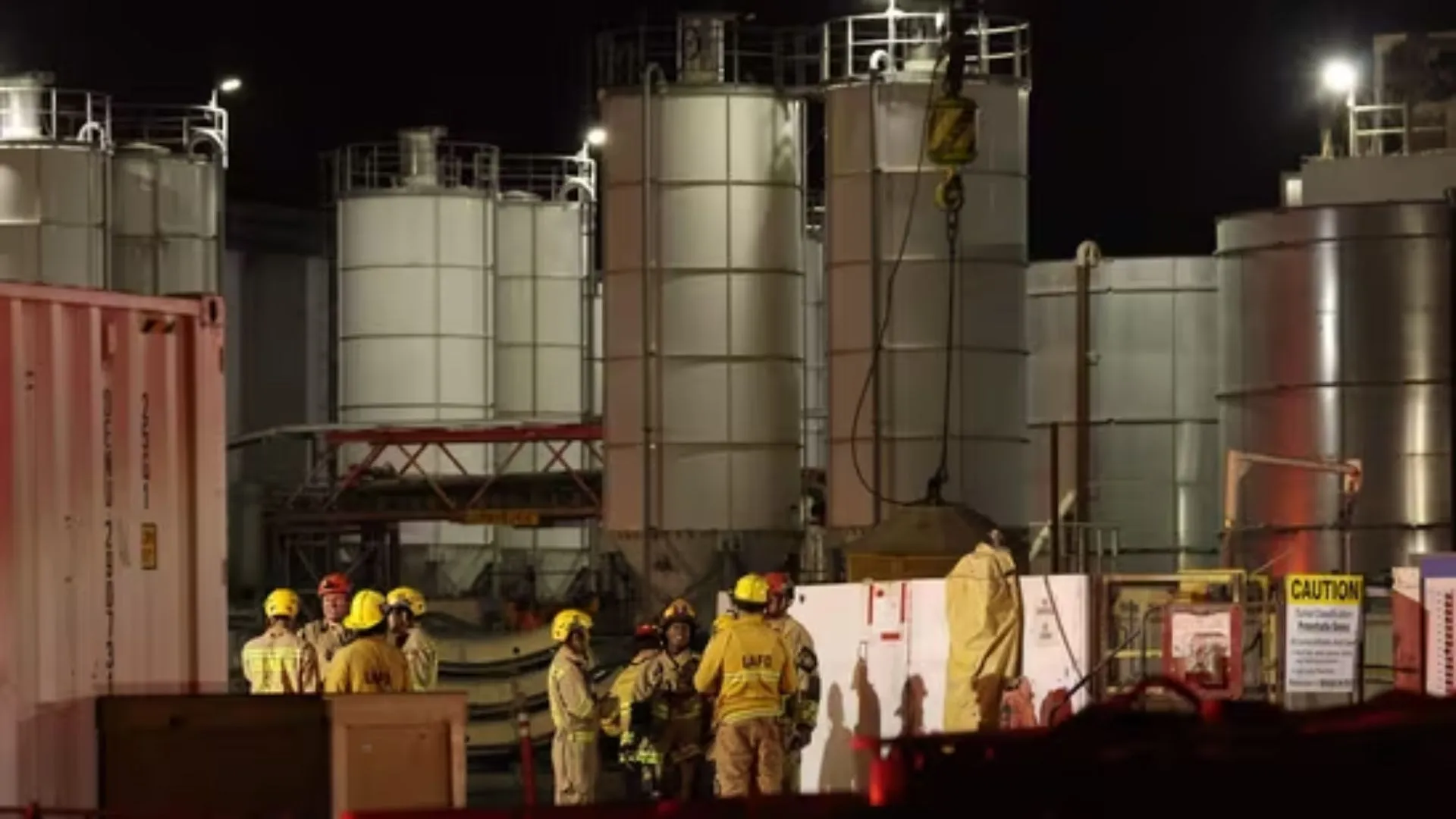The Indian Army killed three Lashkar-e-Taiba terrorists in the thick forest area of Keller, Shopian district of Kashmir, on Tuesday, May 13, 2025. The operation, code-named ‘Operation Keller’, was initiated after accurate intelligence inputs from a Rashtriya Rifles unit regarding terrorists in the Shoekal Keller area.
Launch of Operation Keller
According to an official Army statement posted on X, “OPERATION KELLER. On 13 May 2025, based on specific intelligence of a #RashtriyasRifles Unit, about presence of terrorists in general area Shoekal Keller, #Shopian, #IndianArmy launched a search and destroy Operation. During the operation, terrorists opened heavy fire and fierce firefight ensued, which resulted in elimination of three hardcore terrorists. Operation is in progress.”
The encounter is said to have begun in the neighboring Kulgam district and spilt over into Shopian, where the terrorists were ultimately brought down in a fierce gunbattle.
Identities and Activities of the Slain Terrorists
Here are five things we know about the terrorists eliminated in Operation Keller:
Security forces recognized the killed terrorists as Shahid Kuttay, Adnan Shafi Dar and Haris Nazir all being associated with Pakistan-sponsored Lashkar-e-Taiba (LeT).
Shahid Kuttay, a resident of Chotipora Heerpora of Shopian and son of Mohammad Yousuf Kuttay, had enrolled with LeT on March 8, 2023.
He had participated in several terrorist activities, one of which was a firing at the Danish Resort on April 8, 2024, in which two German tourists were injured.
He was also accused of the murder of a BJP sarpanch in Heerpora on May 18, 2024, and is suspected to have murdered a Territorial Army personnel in Behibagh, Kulgam, on February 3, 2025.
Adnan Shafi Dar, from Wanduna Melhora, Shopian, became a member of LeT in October 2024. He was involved in the murder of a non-local worker in Wachi, Shopian, the same month he became a member.
Haris Nazir, allegedly from Pulwama, was also involved in the April 2024 Danish Resort attack, though his complete background is under investigation.
Three AK-47 rifles and other weapons and ammunition were recovered from the scene, verifying the group’s readiness for further terror activity in the area.
Operation Keller Follows Sindoor in Counter-Terror Drive
The meeting occurred in the backdrop of escalating cross-border tensions, after India launched its aggressive cross-border counter-terrorist operation ‘Operation Sindoor‘ on May 7, when nine terror infrastructure points in Pakistan and Pakistan-occupied Kashmir (PoK) were attacked.
That operation was a response to the nefarious killing of 26 civilians, including tourists, in the Baisaran meadow in the vicinity of Pahalgam on April 22.
Indian intelligence holds three Pakistan-based terrorists Adil Hussain Thoker, Ali Bhai and Hashim Musa responsible for that April 22 attack whose posters marked “Terror-Free Kashmir” have since been pasted all over Shopian.
The authorities have put a reward of Rs 20 lakh for anything concrete about their location.
Operation Keller is a continuation of India’s intensified counterterror offensive in the Valley, underlining its zero-tolerance towards cross-border terrorism.
What This Reveals About India’s Counter-Terror Policy
Operation Keller also comes against the backdrop of a fresh ceasefire instability between India and Pakistan. The past few weeks have seen cross-Line of Control (LoC) shelling and drone intrusions, leading India to increase its security along the LoC.
Indian Army’s quick operations Sindoor followed by Keller speak volumes about the changing strategy to strike at actionable intelligence and destroy threats pre-emptively.
These high-impact operations reflect a shift in India’s security calculus, aimed at proactive and preemptive neutralisation of terror threats, both within Jammu and Kashmir and across the LoC.
Following Operation Sindoor, Keller’s success reinforces New Delhi’s message that those who perpetuate terror will be tracked and eliminated within or beyond borders.






















